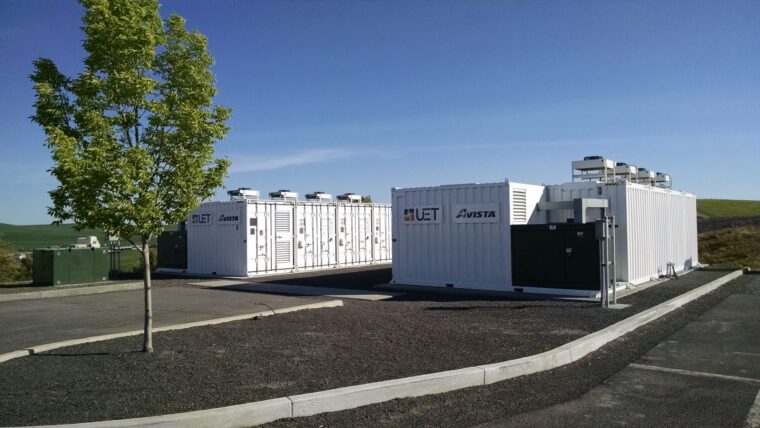
The Department of Energy has made $62 million available to improve battery recycling in the United States.
The money will be distributed among 17 projects aimed at lowering recycling costs, improving consumer participation and strengthening the domestic battery supply chain, the DOE said.
Among the reasons for the investment, the DOE cited demand for electric vehicles and stationary energy storage projected to expand the lithium battery market “by as much as 10-fold by 2030,” noting that EV sales reached record-high levels of more than 1.4 million in 2023.
Recycling used batteries reduces demand for new materials. U.S. Energy Secretary Jennifer Granholm said the goal is to create a “sustainable, circular supply chain that lowers costs for consumers and boosts our manufacturing global competitive edge.
“Capturing the full battery supply chain — from sourcing critical materials to manufacturing to recycling — puts the U.S. in the driver’s seat as we build our clean energy economy,” Granholm said.
Four projects totaling $14.4 million will work to increase collection of end-of-life consumer electronics and stand-alone batteries to develop a sustainable source of battery-grade materials. The projects will incorporate student education and outreach, including e-waste collection events, the DOE said.
Seven projects totaling $40.1 million will develop cost-saving approaches to pre-processing and sorting.
Six projects totaling $7.2 million will work to implement programs to help state and local governments collect, recycle and reprocess batteries. Examples include starting battery drop-off programs and deploying battery storage and sorting facilities, the DOE said.
Photo courtesy of IESA
The post Energy Department to spend $62 million to improve domestic battery recycling appeared first on Government Market News.
